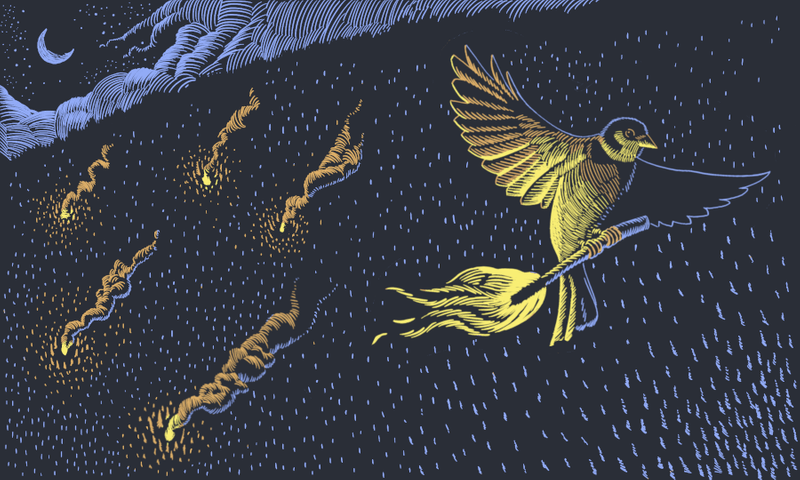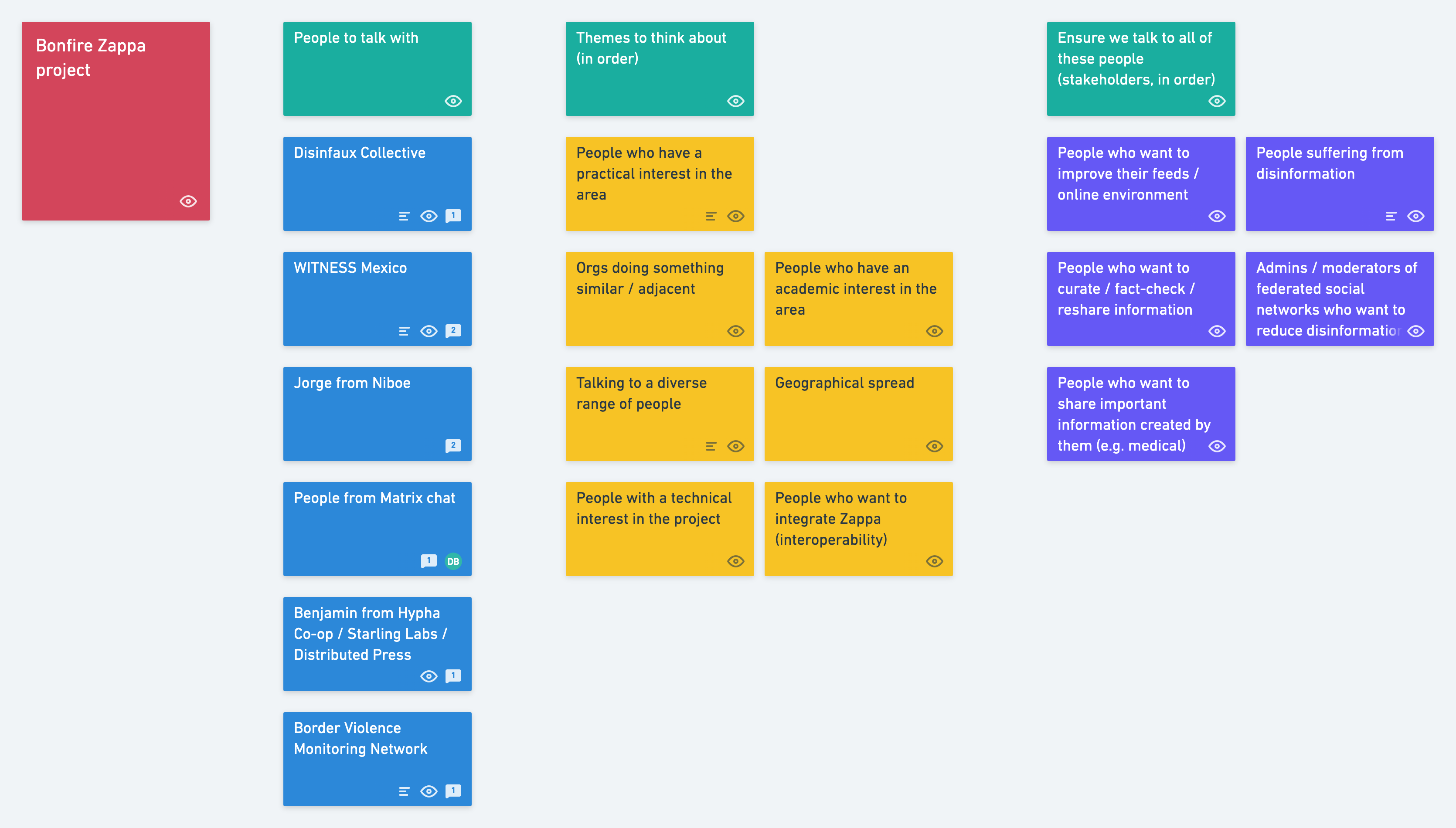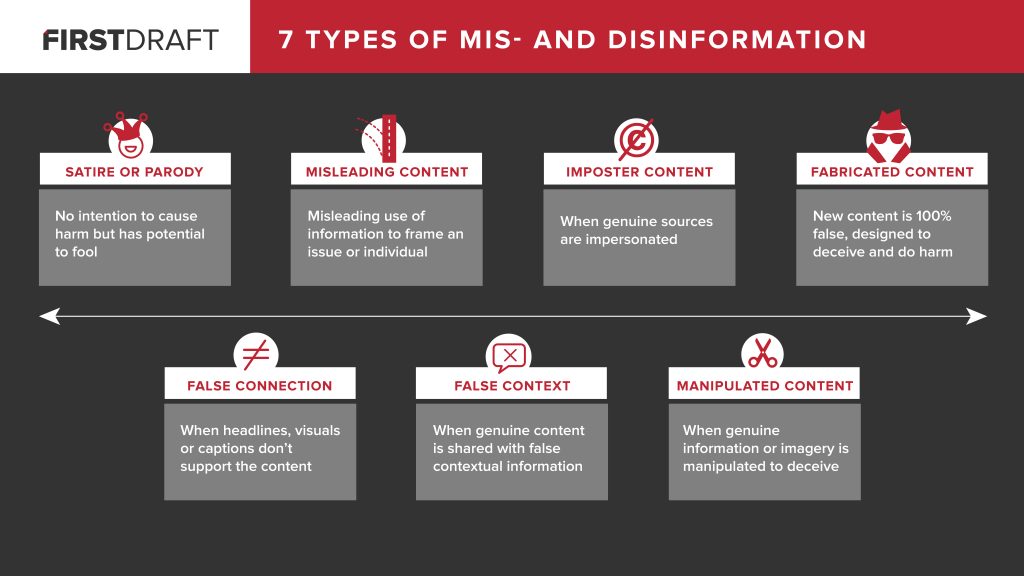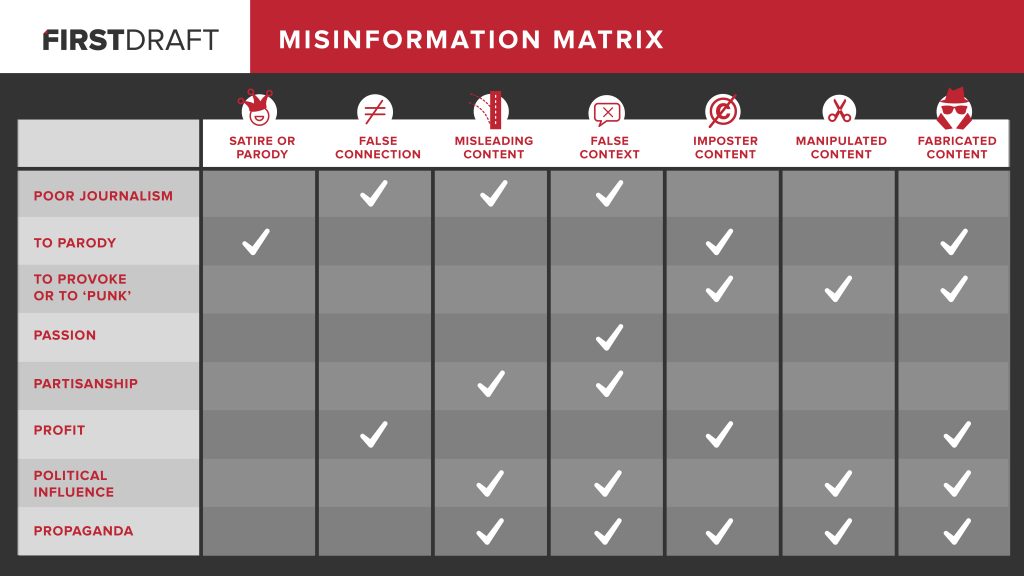Weeknote 06/2022
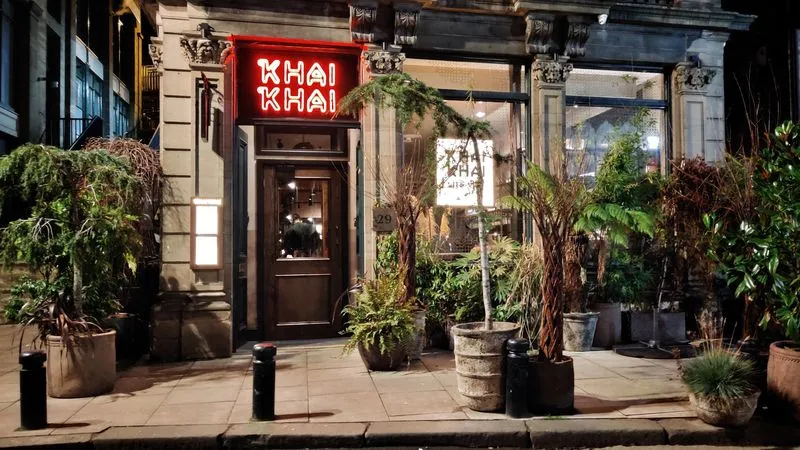
Apparently you can’t diagnose ‘Long Covid’ until at least 12 weeks after infection. Hence I’ve been talking about having ‘Medium Covid’ as it’s been a couple of weeks since I finished my self-isolation I’m still tired. This tiredness manifests itself as getting up later (08:00 instead of 06:30) and my baseline energy levels being on the whole lower.
I’m not a believer in mind/body dualism, so I’ve been going out of my way to ensure that I can discount the psychological element. As a result, I’m still trying to do exercise every day — mainly either arm or leg weights at the gym and the exercise bike in my home office. The thought of running, as I did last week, and my heart rate spiking up to 170 worries me.
Tomorrow, I’m planning to walk the 9.2 miles to Druridge Bay. That’s not particularly far (and in fact, I’ve walked there and back before) but it’s a bit of a test to see whether I’ll need to postpone my plans to walk Hadrian’s Wall during the first week of April. The idea was to walk about 15 miles for five days and camp each night. If I’m particularly tired after walking ~10 miles it wouldn’t bode particularly well.
This week, I did a mix of really interesting work and clocked 26.75 paid hours. My theory is that people who are full-time employed pay a two-hour coordination meeting tax per day that I don’t have to because of my tight alignment with Laura.
That’s not to say, of course, that we don’t disagree or have any conflict. Of course we do. The important thing is how we deal with it, and the two-part Reframing Conflict workshop we did has really helped. The FONT framework that Outlandish use is a form of non-violent communication which I think is particularly useful for people working remotely.
It’s also quite useful as a parent, especially of teenage kids, and can also be used with one’s partner. Talking of Hannah, I booked a suite at Malmaison in Newcastle last Sunday night and we had a fabulous dinner at Khai Khai. We both took Monday morning off. The older I get, the more I realise how much important relationships take work, even when things are going well.
Here’s some of the things I’ve been working on, both through WAO and Dynamic Skillset this week:
- Bonfire Zappa project — this is my favourite project at the moment, and you can tell because I not only did some user research and desk research, but wrote one blog post about it and one that was inspired by it.
- Greenpeace — we continued to try and reduce the amount of ambiguity in the web strategy project, and we worked on other project with them that I can’t talk about.
- Keep Badges Weird — the main action this week was to run the first community call for the project, which we’re doing in collaboration with Participate.
- Julie’s Bicycle — we’re trying to move the Creative Climate Digital Platform from the planning to the discovery stage, but are bumping up against some ‘treacle’ which is slowing us down. I’m hoping that is resolved soon so we can get on with doing some user research, after delivering a well-received digital strategy.
- Tao of WAO — Laura and I recorded an episode of our podcast about dis/misinformation and we released one we recorded with Kerri Lemoie on verifiable credentials.
I’ve signed up for a free course from Tethix next month about tech ethics. It looks like it’s going to be excellent, the only fly in the ointment being that the difference in timezone between me and the facilitators. I had the choice of 6am to 9am every Tuesday, or 8pm to 11pm. I initially went for the former, as I consider myself a ‘morning person’, but given my Medium Covid, I’ve asked to switch to the latter!
Other than the above, the only things really to note are that I’ve returned my Asus UX325 laptop as there were random restarting issues that seemed to be resolved by reinstalling the operating system each time. I bought a Mac Mini M1 to replace it, which might seem like an odd move, but ultimately I’m happy with a combination of the (family) Google Pixelbook on which I’m writing this, and my trust Lenovo ThinkPad X220.
The Mac Mini now sits upstairs in what I’ll refer to as “Hannah’s office”, despite that being a rather grand title for the space, and the fact that we try to switch for at least part of the day. (I’ve got a sit/stand desk in my office, you see…)
Next week is the last of the half-term for my kids. It’s usually one where kids, teachers, and parents are tired and I don’t think this one is going to be any different. I think I’ll probably end up having the Wednesday of the half-term holiday (week after next) off, but we’ll see.

